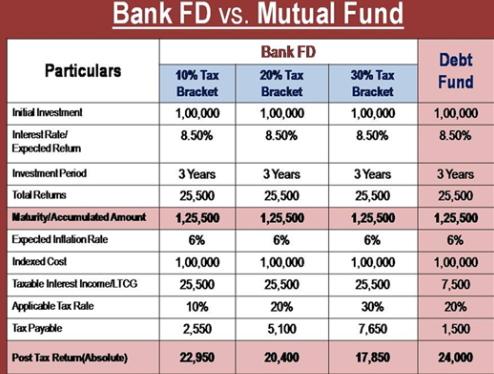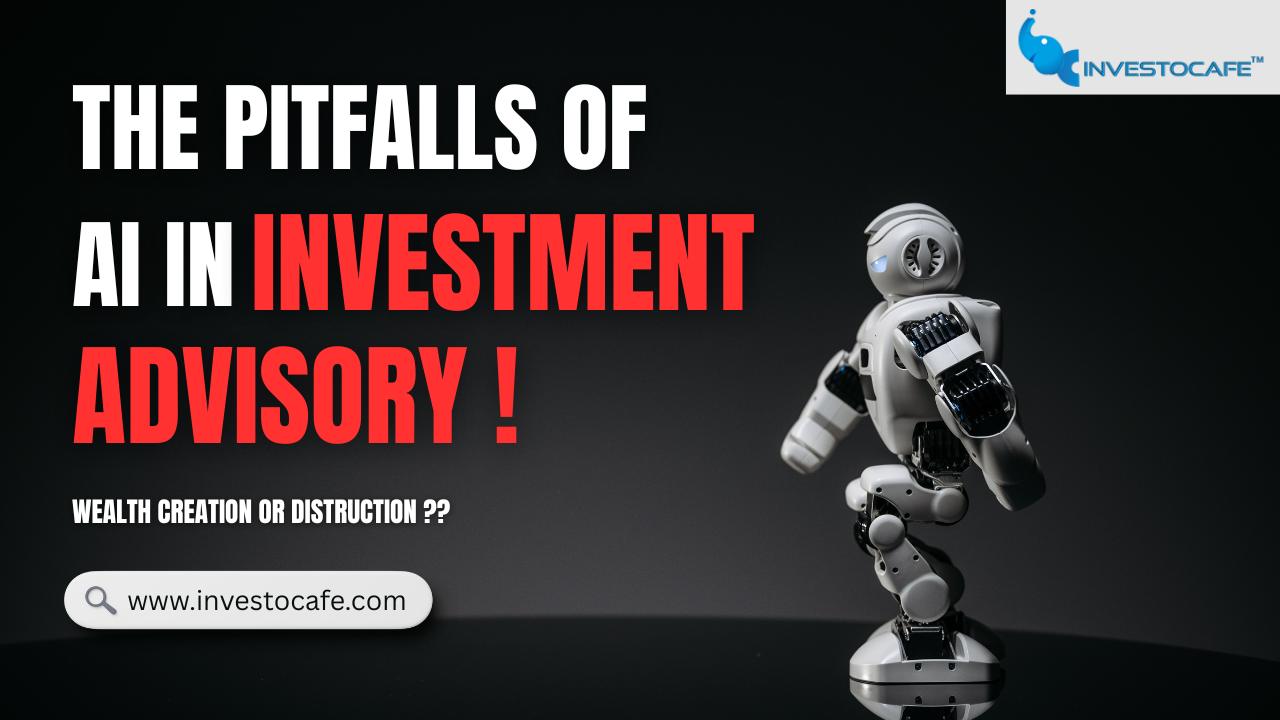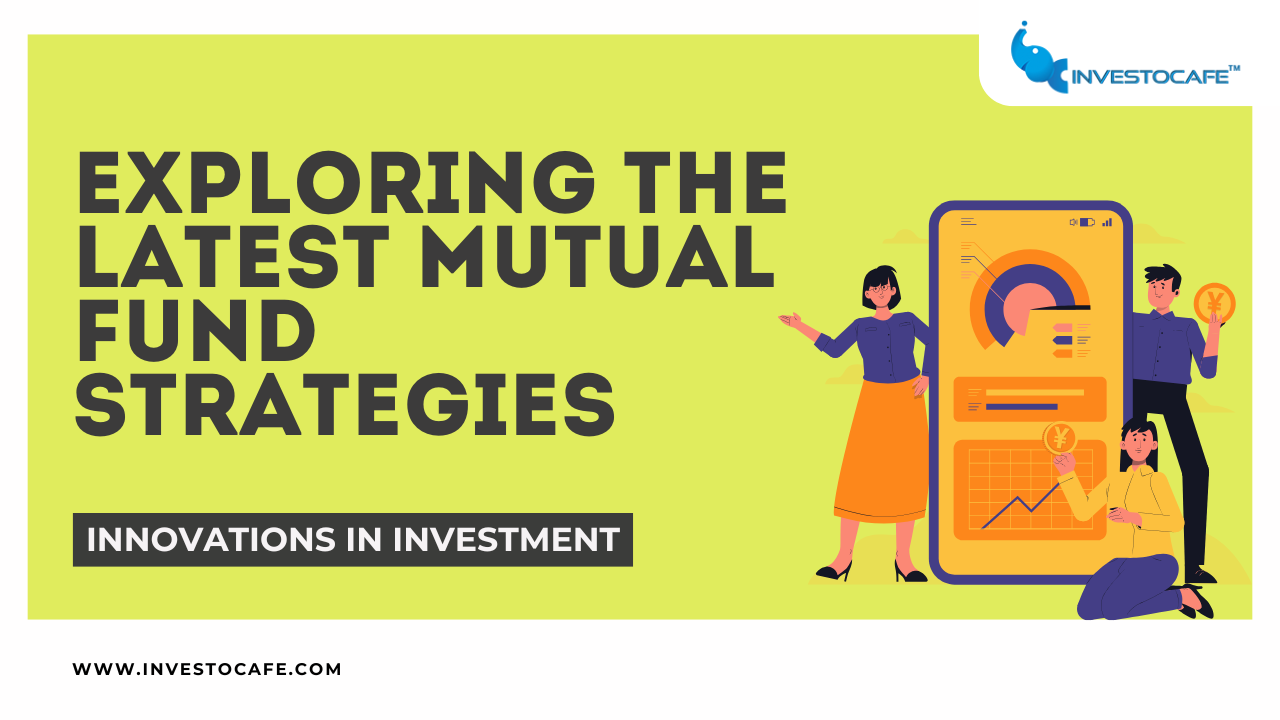
Are You Biased to Make Bad Investment Choices?
 Shruti Sharma -
Feb 15, 2022
Shruti Sharma -
Feb 15, 2022
Investors should educate themselves about how overconfidence bias can affect their investment decisions. Investors become super confident in a bull market and believe they are much smarter than average which leads them to take bigger risks. This can be a problem when the market turns bearish and investors sell too soon. That is why investors need to listen to their financial advisor or risk losing their hard-earned money by being overly optimistic about an investment.
Overconfidence can take many forms: from excessive optimism and self-attribution bias to unrealistic expectations and risk tolerance. Typically, investors are too optimistic about future returns and become overconfident in bull markets. They believe that their own expertise and success have great ability to forecast the future stock market direction. Their forecasts for the future, including the direction of the stock market, will likely be wrong and their portfolio will suffer as a result.
What Is Overconfidence Bias?
Overconfidence Bias describes a situation where you think you're better than average at just about anything and everything. The tendency to be overconfident is a form of cognitive bias. Overconfidence bias can lead investors to make poor decisions because they become overconfident that their judgment is correct. They believe they can do better than the market average; In bull market, they become overconfident. In bear market, they panic and sell.
According to a study published in the Journal of Finance, investors exhibit two types of Overconfidence: Overestimation and Illusion of Control.
1.Overestimation:
This is when you overestimate your knowledge or capabilities. For example, you might think you know more about a particular subject than most other people. Investors who overestimate their investment knowledge will invest more money and trade more often than they should. This behaviour can lead to high costs and large portfolio losses.
2.Illusion of control:
This is when you believe that you have greater control over the outcome of a situation than you actually do. As an investor, for example, you might believe that you have some special skill that allows you to pick stocks better than most other people. An investor who exhibits this behaviour may believe that he or she can predict the direction of the market or the performance of individual stocks.
Impact on Investments
This bias often distorts the perception of reality, leading investors to overlook realistic expectations and accept unreasonable outcomes. This can lead to undesirable investment outcomes including excessive risk taking, unwillingness to change strategy and poor performance. Investors are swayed by their own emotions, setting them up for decisions with costly mistakes; moreover, they ignore the advice of their financial advisors. Investors should realize that their advisors may see things differently from them and that all investments carry risks. People don't change their mind fairly often, but when the situation calls for it, they should. Financial advisors can point out other potential biases that may be impacting investors' decisions and try to avoid them. Financial advisors are there to help their clients, even when the clients get greedy. Investors should know that they need to trust their financial advisor more than they trust themselves because they have more experience in investing than most of us do.
Better Behaviour is Expected
The stock market is not predictable and investors should not assume that it will just keep going up. A few winning trades can inflate the ego, which makes people less likely to follow recommendations from financial advisors, who may offer insight into how to make better investment decisions. When investors feel like the market is up, they hear good news and they feel confident, so they trade more often. Investors should always be clear about their investing objectives and how these objectives will be achieved. Focusing on long term goals is important for investments that are meant to last for a long time, such as retirement accounts. Adviser should also take lead and recognize when they are being overconfident and only then can they adjust their behaviour.
In conclusion, Investors should listen to financial advisors more as they can help them avoid make risky investments. A well-designed financial strategy and a trusted financial advisor are stepping stones to help investors stay on their path to financial security. Investors should never do it alone, so that they do not become overconfident and stray from the goals of their financial plan.
Happy Investing!
Know your risk profile and Start SIP at www.investocafe.com
See the difference of short term & long-term investing with our SIP calculator
To get in touch please visit us at investocafe.com














